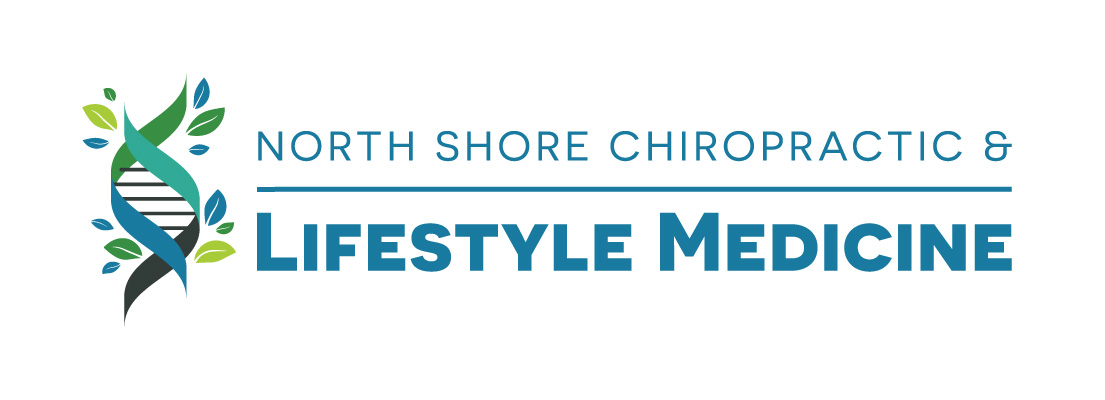Gut health and a microbiome
Since the beginning of the pandemic my posts have been concerned with the immune system. It is our defense against all invaders that can harm the body. The immune system fights infections, neutralizes harmful substances, and fights noninfective diseases. All 3 functions impact how we age.
80 percent of the immune system resides in the large intestines. Within the large intestines there is an area called GULT, gut associated lymphatic tissue. Also, within the large intestines is the microbiome. This is the bacteria and other organisms that are important for our health and metabolism of our body. The human microbiome is one of the most intensively researched areas in medicine. The largest of the studies is known as the Human Microbiome Project. This project is a worldwide research initiative that is mapping the human microbiome. The microbiota is classified into gut, oral, respiratory, and skin, all contributing to hemostasis and regulation of the immune system. Our body contains 10 trillion human cells. There are 100 trillion cells in the microbiota. The bacteria help digest food, regulate our immune system, and produce vitamins including B12, thiamine, riboflavin, and vitamin K.
When there is imbalance of the microbiome this can lead to dysregulation of body functions and diseases including cardiovascular disease, cancers, and respiratory diseases. Autoimmune diseases such as diabetes (type 1), rheumatoid arthritis, muscular dystrophy, multiple sclerosis, and fibromyalgia are associated with dysfunction in the microbiome. Disease causes microbes to accumulate over time, changing gene activity and metabolic processes resulting in abnormal immune response against substances and tissues normally present in the body.
It is commonly thought that just taking a probiotic will solve all problems in the gut. The fact is that all the components of improved lifestyle are as important if not more important than taking a probiotic. It takes time. There are many types of probiotics, some are identified as being helpful for different imbalances. And then there is the prebiotic. A prebiotic is a dietary fiber necessary for the growth and health of the microbiome. And as of last week, the concept of a postbiotic has been introduced and is important for a healthy microbiome. The research continues. I explained this in later posts.
There are many other functions of the symbiotic relationship between our bodies and the microbiome that you need to be aware of such as the gut brain connection.
My point is that this is important for your future. For a New Year’s resolution, you might consider some of the lifestyle changes that I have suggested. Improving your lifestyle is essential for your health and longevity. If you need to revisit any of my earlier posts, you can see them in the blog section of my website, robertromanelli.com.
All comments are appreciated.

